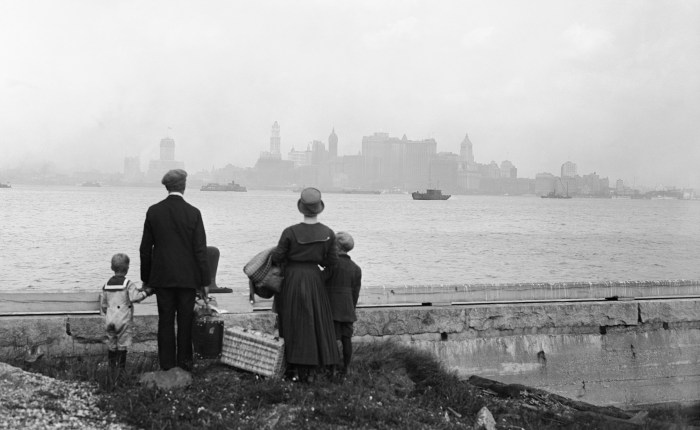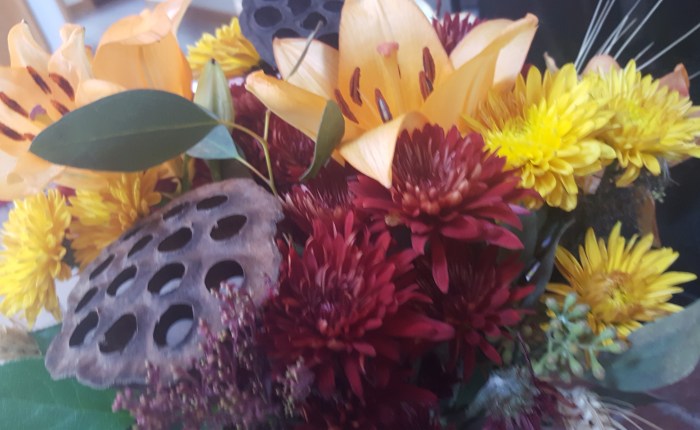A typical day in my life doesn’t usually go according to plan. But one morning last week was an exception. I fit in a workout and shower before 7am, the older kids got dressed and did their morning chores without extra prompting, and the day was off to a positive, earlier-than-usual start. It stayed that way all day, too. Hi-fives and feel-goods all around.
Here’s the issue: whenever I have a day that good, I expect every day to be that good. Just like I expect the kids to always be good just because they’ve demonstrated that they can be. Just like I expect myself to always be super-productive in every way. (You’d think nine-plus years of motherhood would have beaten that out of me, but I am, by any indication, a slow learner.)
And then, when the day’s not so smooth–and it usually isn’t–I am hard on myself, hard on the kids and impatient with pretty much everyone and everything. That person is not the person I want to be and this daily pattern it is not the way I want to live.
The older I get, the more I am convinced that the things we would wish for if genies were real are things that cannot be wrapped and put under a tree. Improved health. Restored relationships. Peace. Freedom from worry. A job we love. We all have something. And for many of us, the fact that we don’t have this thing can easily lead to frustration and, well, impatience with ourselves and with the world. There is a restlessness to our humanity that no amount of consumerism or distractions can satiate.
There is a well-known passage in I Corinthians, Chapter 13 of the Bible that lists love’s attributes, and among those attributes is patience. I’ve read or heard this passage approximately 783 times in my life, and I think I’ve always understood “patience” to mean doing things like waiting for a slow walker, or, I dunno, listening to your grandma tell the same story for the tenth time. It’s only recently dawned on me that this is a very superficial understanding of patience. Patience is kindness is forbearance is love is patience. It is seeing the flaws and failings of another, and of myself, and accepting the person anyway, being gentle anyway. Not because you don’t see the flaws or don’t expect better, but because you know how hard life can be on each of us, and because a gentle response has never done the harm that an impatient one has.
This has become manifestly apparent in my parenting. Between encountering a new preadolescent in my oldest child, scooping up the 30-some pound angry acrobat that is my terrible-two-ish youngest, and not neglecting the middle child, I often lose whatever cool I may have once had. And when this happens, I doubt my skills as a parent and worry that I am ruining my relationship with them and scarring them for life. A little more self-restraint and patience with each of them and myself would make all the difference. Of course, a change this fundamental is easier declared than made, but it is still January, and it is not too late for resolutions. (Not that it ever is: resolutions are made when you are ready for them, not when the calendar dictates.)
So, patience. It’s my resolution for the new year. Patience with the kids when they act like, well, kids. Patience with myself, as I am a less-than-perfect mother and human being. Patience for this messy, imperfect life that we all live.








